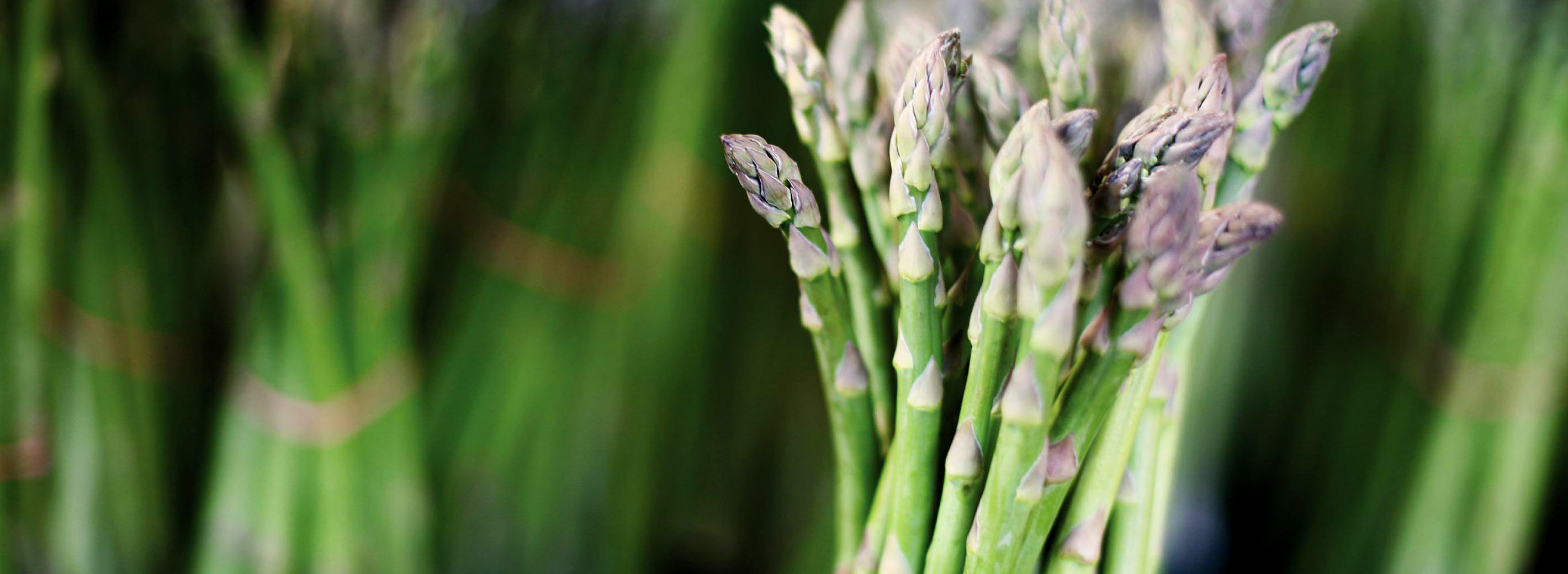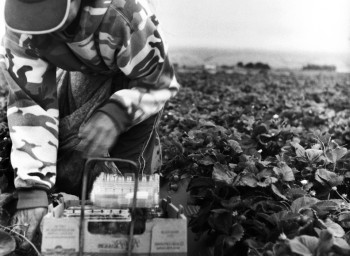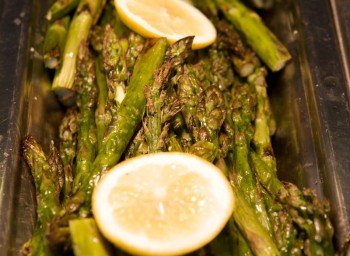Check out Bon Appétit Management Company’s series on the business of sustainable agriculture on TriplePundit.com, an innovative new-media company for the sustainable business community. In our most recent post, “Seriously. Where Does Our Food Come From?” East Coast Fellow Carolina Fojo explores the complexity of the food chain and the challenges we face today in trying to source food responsibly. Read the whole post here.

Blog: Sourcing
+ Blog Categories

Strawberry Hands, Bent Backs, Uncertain Futures
- Blog
Triple Pundit is an innovative new-media company for the sustainable business community. Its blog cultivates awareness and understanding of the triple bottom line: people, planet, profit. Check out Bon Appétit Management Company’s series on the business of sustainable agriculture. Here is our 7th post, Strawberry Hands, Bent Backs, Uncertain Futures, Vera's thoughts about migrant workers in strawberry fields. Photo taken by Ansley West
Initial Thoughts from West Coast Fellow, Vera Chang
- Blog
I just started my fellowship with Bon Appétit Management Company after completing a farm apprenticeship at the University of California Santa Cruz. In my first vlog, I talk about what I take away from my time at the farm and what’s exciting to me as the West Coast Fellow. Thank you for watching and I hope you’ll stay tuned throughout the year! -Vera Chang, West Coast Fellow
Traveling Produce: From Farm to Fork
- Blog
The Bon Appétit Management Company Fellows have just started making trips out to visit farms and colleges in Bon Appétits supply chain. Recently, we went to visit New Morning Farm in Pennsylvania and Bon Appétits cafés at American University in D.C. As such, I thought Id give a little video tour of some of the produce that college students like those at AU are eating. So here you go! Bon Appétit produce, from Farm to Fork.
Saving our Seafood and the Climate: How We Can Make a Difference
- Blog
In my last vlog, I talked about a few food issues that stand out to me as some of the bigger challenges we face. In this vlog, I talk about two of those issues—the depletion of wild seafood and climate change—and give suggestions of what we as consumers can do to make a difference.
What I Didn’t Know About My Food
- Blog
Most of my work for Bon Appétit this past month and a half has been research-oriented. Since I’m going to be working with farmers and speaking to students about issues of food sustainability, I need to understand the issues themselves well. Here are a few facts I’ve learned thus far… More to come in my next vlog!
Bon Appétit’s Eat Local Challenge
- Blog
Why buy local? Bon Appétit Management Company believes there are 2 main reasons to buy local: (1) In order to support local communities and farmers, and (2) because local, seasonal food simply tastes better. A common misconception about “buying local” is that it automatically means fewer greenhouse gas emissions. However, while it’s true that there are fewer CO2 emissions from transportation when buying local food, that’s not the whole story… For more information about local food and Bon Appétit’s Eat Local Challenge, check out this vlog!
East Coast Fellow’s Thoughts on a Broken Food System
- Blog
My name is Carolina Fojo—I’m the new East Coast Fellow for Bon Appétit Management Company! I just graduated in May 2009 from Washington University, St. Louis. I majored in Anthropology (and no, I was not digging for bones, and I promise it makes sense that I’m doing what I’m doing for Bon Appétit now ;0) … Here’s a quick vlog about my experiences with Fair Trade, and coffee farmers, which should explain why I’m thrilled to be working at Bon Appétit this year.

USF Celebrates Low Carbon Diet Day!
- Blog
Last week the University of San Francisco (USF) celebrated Bon Appétit Management Company's 2nd annual Low Carbon Diet Day with an early kick-off event (Low Carbon Diet Day is April 22nd) at The Market Café. We were onsite to taste all the delicious food and see first-hand how a café that feeds a whopping 8,000 hungry students each day serves up first-rate climate-friendly fare. Chef Success In just a few short years, Executive Chef Jon Hall and his team of talented chefs have excelled in incorporating the Low Carbon Diet commitments into their daily-changing menus. One of their many achievements towards this end is the reduction of beef consumption by half! And this wasn't accomplished by taking beef off the menus. Instead, Jon created flavorful, enticing dishes that were alternatives to beef and attracted students to lower carbon options. This success, combined […]